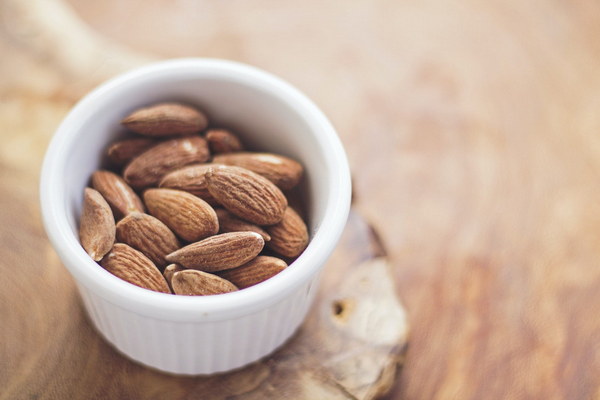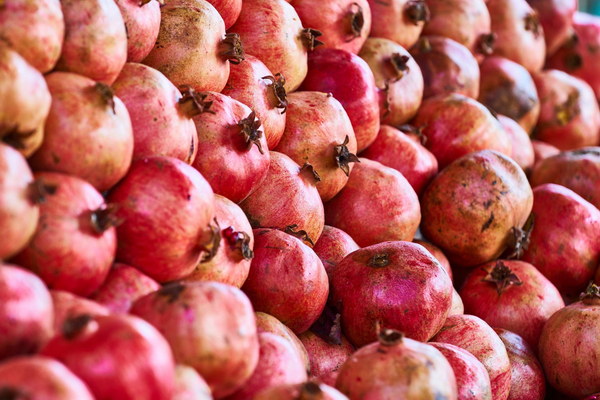How Winter Melon Helps in Warding off Cold and Dampness A Traditional Chinese Remedy Unveiled
In the heart of winter, when cold and dampness seem to seep into every corner of our lives, the humble winter melon, also known as dong gua, emerges as a natural remedy in Traditional Chinese Medicine (TCM). This versatile vegetable, with its unique properties, has been cherished for centuries for its ability to drive away the cold and dampness that often accompany the colder months.
Understanding Cold and Dampness in TCM
In TCM, cold and dampness are considered to be two of the main pathogenic factors that can disrupt the body's balance. Coldness can lead to a variety of issues, such as aches and pains, while dampness can manifest as joint stiffness, edema, and even digestive problems. Winter melon, with its cooling properties, is believed to help alleviate these conditions by expelling the cold and dampness from the body.
The Science Behind Winter Melon
Modern science has also recognized the health benefits of winter melon. It is rich in antioxidants, such as vitamin C and beta-carotene, which can help boost the immune system. The melon's high water content aids in hydration and may also help in reducing inflammation. Additionally, it contains saponins, which have been shown to have anti-inflammatory effects.
How to Use Winter Melon for Cold and Dampness
1. Winter Melon Soup: This is perhaps the most common way to incorporate winter melon into your diet. Simply peel and cube the melon, and simmer it with pork bones, ginger, and other herbs. The resulting soup is believed to help expel cold and dampness, while also providing essential nutrients.
2. Winter Melon Tea: Another method is to make a tea by boiling slices of winter melon with dried tangerine peel and honeysuckle. This tea can be enjoyed throughout the day to help maintain warmth and dryness.
3. Winter Melon and Pork Stir-Fry: For those who prefer a more savory dish, stir-frying winter melon with pork slices is a delightful way to incorporate this vegetable into a meal. The combination of the melon's cooling properties with the pork's warming effect is believed to balance the body's temperature.

Precautions and Considerations
While winter melon is generally safe for most people, it's important to be aware of certain precautions. Those with spleen or kidney deficiencies should exercise caution, as the cooling properties of the melon may exacerbate these conditions. It's also recommended to avoid consuming winter melon in large quantities, as it can be diuretic and may lead to dehydration if consumed excessively.
Conclusion
Winter melon, with its cooling and drying properties, is a natural and effective way to combat the cold and dampness of winter. Whether through soups, teas, or stir-fries, this humble vegetable offers a traditional and scientifically supported method for maintaining health and well-being during the colder months. So, next time you find yourself shivering with cold or feeling the weight of dampness, consider reaching for a piece of winter melon and experiencing its therapeutic benefits for yourself.









